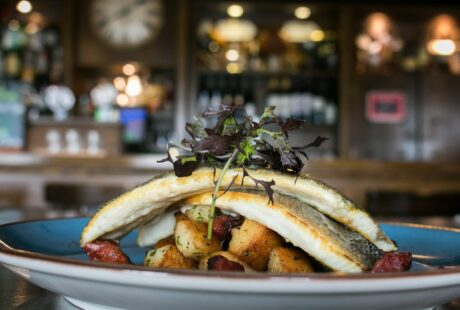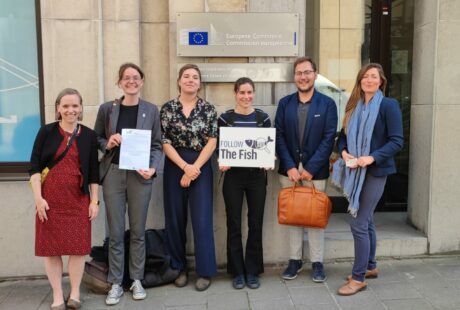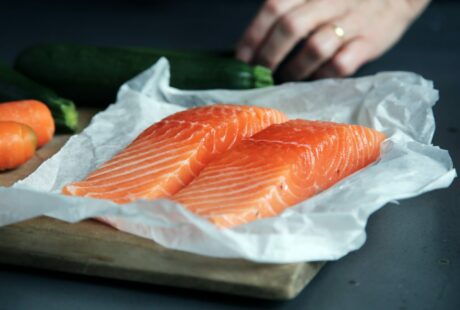In a joint position paper with a wide coalition of environmental NGOs, Seas At Risk has proposed a number of priorities to ensure that European aquaculture develops in an environmentally responsible manner. This is the first time environmental NGOs have presented such a vision on aquaculture.
While global aquaculture has seen impressive growth figures of around 8% per annum, in Europe production has stagnated over the past decade, and still provides only 10% of consumed European seafood. The EU sees huge growth potential in the sector and believes this would contribute to closing the gap between dwindling wild fish catches and the ever-growing consumer demand for seafood. Efforts to boost the sector are included in the reformed Common Fisheries Policy and the latest European Maritime and Fisheries Fund. The EU’s Blue Growth agenda for economic growth and employment also singled out the aquaculture sector as one of its five priorities.
NGOs are concerned in particular about the heavy dependence on marine proteins and oils to fulfil feed requirements (and its link to overfishing), the continued use of unknown quantities of medicines and chemicals, ineffective disease management, and the wider ecosystem effects of production that are as of yet unknown, due to the lack of research and credible data.
Ann Dom, Deputy Director of Seas At Risk, said: ‘This is the first time NGOs consolidate a joint vision on aquaculture. Our list of priorities will help NGOs to participate more effectively in the shaping of EU policies as well as in the development of regional and national aquaculture plans.’
To minimise the environmental impacts of aquaculture the priorities are to ensure sustainable sourcing of feed, to avoid escapes by adopting technical standards, to minimise biodiversity impacts and to reduce the impact of chemicals and medicine use. More research and data collection are needed regarding the effects of aquaculture on wider ecosystems, including the development of measurable targets and indicators.
NGOs also underline the importance of early and effective public participation and redirection of public funding and trade towards environmentally responsible aquaculture. The EU also needs to integrate environmental – and wider sustainability criteria – in production standards and labelling, to reward responsible producers and to better inform consumer choices as this sector expands.
Prioirities for environmentally responsible aquaculture in the EU
Posted on: 12 September 2014



